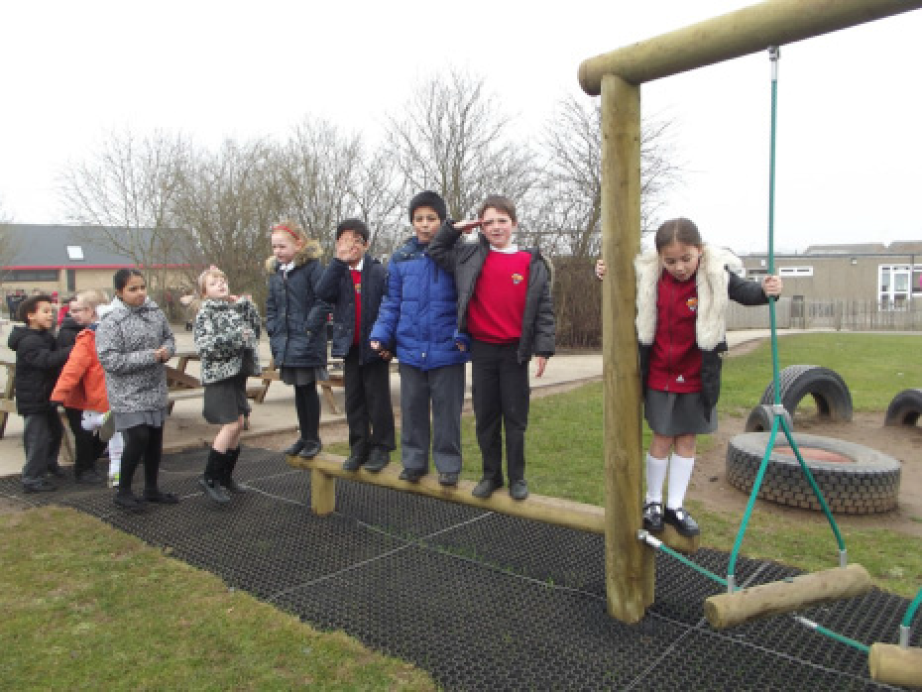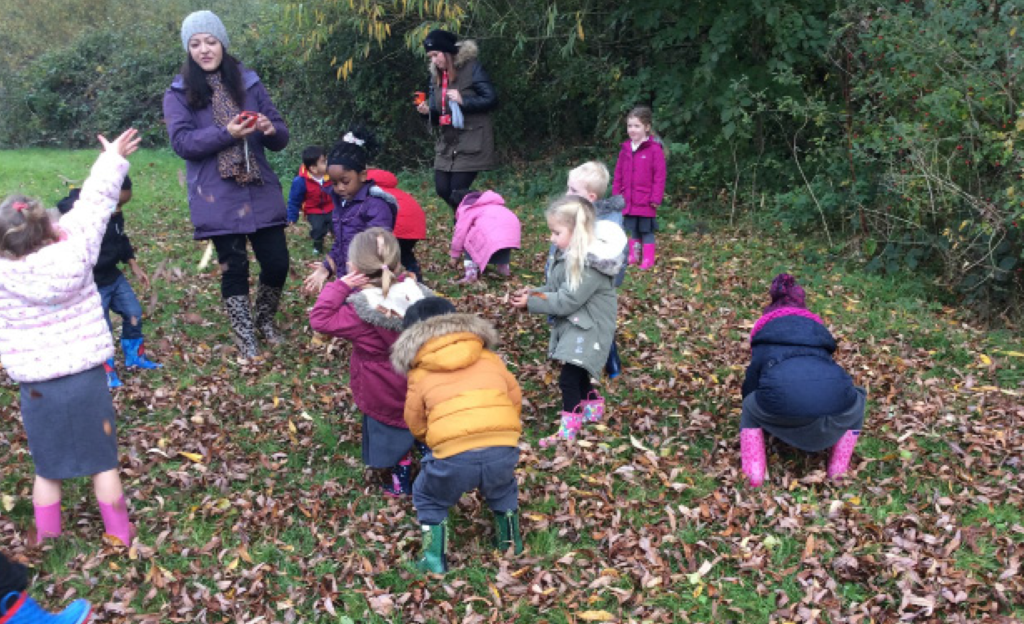
‘Let me start with an example’ she says. “Max*, one of our KS2 boys was recently diagnosed with Autistic Spectrum Disorder. His class teacher immediately made appropriate changes to ensure he made progress and achieved. His co-ordination was such that he struggled to write in a clear format for long pieces of written text. Amongst other strategies, his class teacher gave him access to a laptop and showed him how to use it effectively. As a result, he has gained significantly in confidence. His teacher realised that the ideas for his writing were there in his head, but he was just struggling to get them down on paper because the process of manipulating a pencil was a real barrier. Once Max began routinely getting his thoughts out via a keyboard instead of a pencil, his writing, and more importantly his confidence, went from strength to strength. This simple tweak to Max’s provision, along with many other bespoke strategies my staff have employed, is just an example of the solution-focused attitude that our school has. The impact of this approach on children’s day-to-day life in school is probably best reflected in a letter that Max’s mum recently wrote to me. She said:
“Working in education myself I know what a busy and demanding area of work it can be, but to feel that the school and Max’s teacher are able to supply him with such a needs-led primary education I am extremely grateful for. His confidence at school improves every day and as a mum, which I know you can appreciate, the fact that he enjoys coming into school, has friends, is comfortable, learns and has fun means everything to me”.
‘Together we achieve. Individually we grow,’ underpins everything at Clifford Bridge Academy. Part of the Inspire Multi-Academy Trust, Clifford Bridge works closely with three other primary schools within the Trust. There is a rigorous approach to reading, writing and maths and children follow a thematic curriculum. The inclusive and fair-to-all culture across the academy enables all staff to focus more effectively on children’s academic and social development. Rated good by Ofsted at its last inspection in 2013, it has 414 pupils on roll, 13% have Special Educational Needs and 7% of pupils have been eligible for free school meals in the last six years. Overall, performance of pupils in reading, writing and maths at the end of Key Stage 2 is above the national average and Clifford Bridge has recently been celebrated as being in the Top Five Performing Schools in Coventry, with 77% of children achieving expected standards in Reading, Writing and Maths combined. Situated in Binley, a suburb in the east of Coventry and a former mining community, Clifford Bridge became an academy in August 2015. Through a child-centred focus, we have become a more inclusive school.
Leadership and Management
Special Educational Needs and Disabilities (SEND) has a very high profile across the school; it is always on the agenda. We are a leadership team of six. Two of us have the National Award for SEN Coordination (Masters Level) and all of us routinely access professional development courses which ensure our own knowledge and practice is up-to-date. Being creative, flexible and 100% child-focused certainly sets the tone of my leadership team; they never come to the table with an attitude of defeat, our conversations invariably get very animated as we discuss the issues raised and come up with a solution together, that has the child at the centre of it. We have a distributed leadership model, where hierarchy has little relevance. For any agenda item, from whole school improvement right through to an individual pupil’s needs, our start point is always “Who is the best person for this job? Who has the relationship with the child?” The team around me, right from Kim Docking (Executive Principal at Inspire Education Trust) through to the staff in classrooms, are role-models of our child-centred approach. Every decision and solution is unequivocally about the little people at the centre of it.
Across the school, but particularly amongst the leadership team, we model the type of behaviour, actions and approaches that we expect. Last year, we had one particular class where there were around six children with exceptionally complex needs. I would go into the class and model what I expected and my assistant heads would do the same. Sometimes, where the needs of children are evident in their challenging behaviour, this can be really stressful for the staff dealing with it day-to-day. Nobody’s intention is to make a situation worse, but sometimes this happens if staff aren’t confident in de-escalating a child’s behaviour or spotting what the triggers for that behaviour were. We have done a lot of professional development work on this in the last academic year, particularly in relation to Autism, attachment disorders and children’s mental health. The whole team at Clifford have come a long way in understanding these things and making sure we are acting and reacting to behaviours in a way that gets us the kindest and most effective outcomes. My leadership team and I also did a lot of modelling at less formal times of the day, such as break and lunchtimes. We would be out playing and engaging with the children, so that we were modelling our expectations to every member of the team, and to other children, about how we expect our children with SEND to be treated. We always have an honest and professional dialogue afterwards so that we can learn from each other and promote the very best outcomes for our children.

Parent and carer engagement
We have always had very supportive parents in the school and parental engagement with their children’s learning is very good. As a result, we don’t face the same level of barriers that other schools may face. Our relationships with parents and carers are developed by the whole team; we consider their engagement to be crucial. Often we make it as informal as possible, so that it feels natural and not forced. For parents who perhaps don’t want to come in or feel nervous about being in school, we try to have a ‘cup of tea culture’. This way, it feels a little more familiar and welcoming and we can get to know them. Over time, they then start to feel increasingly comfortable with our staff and our setting, and they feel able engage more with their child’s learning, and with school life. The vast majority of our parent and carer community are incredibly supportive and enjoy attending our many events. In terms of home-school partnership and communication, staff use the language and approaches within Achievement for All, with that same level of passion and belief that I hold.